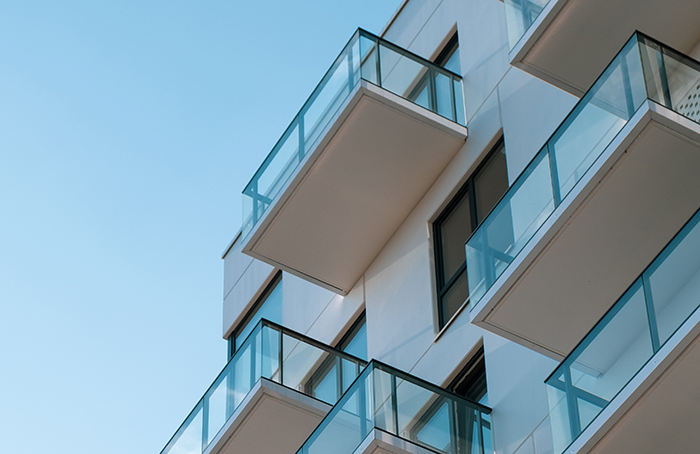Prague demand for new flats recovers in the second half of the year, prices will not fall
Demand for new housing is recovering in the second half of this year and will probably continue to grow. It could be boosted, for example, by the abolition of one of the rules for mortgage applications (DSTI), but the reduction in interest rates will be crucial. New house prices are unlikely to fall significantly as a result of rising demand combined with a lack of construction. The planned change in tax from 15 to 12 per cent for properties up to 120 square metres could reduce the price of flats by an average of CZK 250,000. On the other hand, rents could increase by around ten percent each year. This is according to an analysis by the developer Central Group and the consultancy KPMG, which their representatives presented yesterday at the Construction Development Summit.
"A gradual decline in interest rates can be expected to boost demand (for apartments). But we don't necessarily need to wait for an immediate reduction in interest rates from seven per cent to three per cent. A gradual reduction in interest rates will have a psychological effect that will revive demand for buying real estate," said Pavel Kliment, an economist and partner at KPMG Czech Republic.
According to Creditas Real Estate sales director Tomáš Drábek, the demand for new apartments has been exceeding the supply in the long term by up to twice as much as the construction is unable to meet. "The moment there is a significant recovery in demand, there will not be much to buy on the market and property prices will rise. Falling interest rates on mortgages and the changing sentiment of households, who will be willing to invest in new housing after a long period of economic uncertainty, suggest that this time is approaching," Drábek said.
Dusan Kunovsky, head of Central Group, has previously said that in order for construction to start again in a bigger way, a drop in the prices of building supplies by about 15 percent compared to the prices charged by construction companies last year is necessary. But according to Jaroslav Heran, CEO of Metrostav, this is not realistic.
"We expect construction materials to become cheaper in the future, but wage costs, for example, will increase. After evaluating several bids from last autumn and comparing them with today, the prices (of materials) have decreased in the range of six to nine percent," Heran said.
According to the analysis, sales of new housing have been growing since the first half of last year, but are far from reaching the level of spring 2022. Prices of new flats in Prague are around CZK 150,000 per square metre.
According to Central Group and KPMG, rents in Prague continue to rise, averaging around CZK 400 per square metre per month. Contributing to this are rental housing projects from institutional investors, where rents are on average a third higher than the rest of the market. So-called institutional rental housing are fully equipped apartments ready for immediate occupation. Data from BTR Consulting, after comparison with data from the consultancy Deloitte, shows that the average rent in an institutional apartment in Prague is CZK 534 per square metre. Although it also includes utilities and services, it is on average almost CZK 150 per square metre more expensive than the average for traditional rental apartments.
Source: CTK









